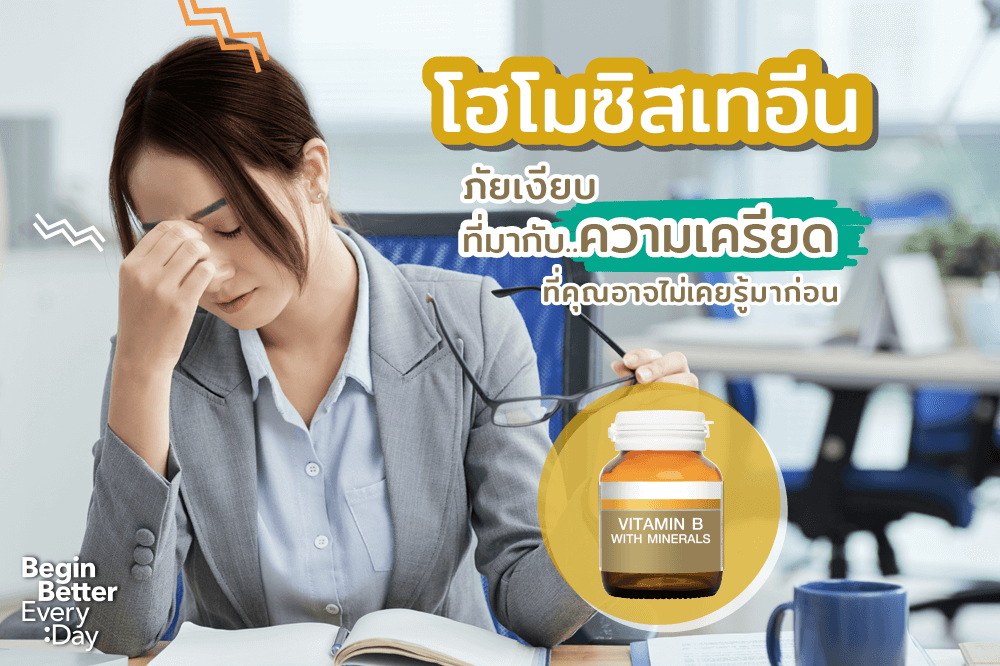Respiratory Tract Infection
Respiratory Tract Infection (5,6)
• Respiratory tract infections (RTIs) can occur anywhere in the respiratory tract (i.e. the nose, throat and lungs). The majority infection is caused by virus such as influenza virus, corona virus; bacteria such as Streptococcus.
• Coughs, colds and flu is often viral. Antibiotics only work on infections caused by bacteria, not those caused by viruses.
• Viral respiratory infections are spread when an infected person talks, coughs or sneezes small droplets containing infectious agents into the air. The viruses are also spread by direct contact with a sick person or indirect contact with hands, tissues or other articles soiled by nose and throat discharges.

Prevention (6)
• Avoid/minimize close contact with persons who have symptoms of respiratory illness, such as coughing or sneezing. If symptoms occur, consult your doctors.
• Avoid sharing personal items such as eating or drinking utensils. Cover your cough or sneeze with a tissue, then throw the tissue in the trash.
• Wash your hands often with soap and water for at least 20 seconds. Use an alcohol-based hand sanitizer that contains at least 60% alcohol if soap and water are not available.
• Avoid touching your eyes, nose, and mouth with unwashed hands.
• Clean and disinfect frequently touched objects and surface
Diet and lifestyle recommendations (6,7,8)
• Drink plenty of water and non-alcoholic fluids
• Avoid exposure to cigarette smoke
• Rest and regular exercise.
• Getting enough sunlight is very important for maintaining optimal vitamin D levels to protect against respiratory pathology and support immune system.
• Take enough fruit, mineral, and grain to get vitamin and mineral for preventing infection.
Complementary Medicines For prevention or treatment together with standard treatment or life-style recommendation.
Vitamin C
• Modulates T-cell gene expression and stimulates the production of interferons (proteins that protect cells against viral attack) (1)
• The study shown 1-2 g/day vitamin C reduced common cold duration by 18% in children (2)
Zinc
• Involved in specific and non-specific immune response, Inhibits viral replication and the expression of viral genes (1).
• Supplementation may result in a significant decrease in the incidence of infection, particularly in those with low baseline zinc levels (3).
Echinacea (E. purpurea, E. angustifolia)
• Immunomodulator, antibacterial and antiviral (1).
• Clinical studies investigating the use of echinacea in the treatment of URTIs have produced inconsistent results due in part to different plant parts and extracts used. There is some evidence to support the use of extracts of above-ground parts of E. purpurea if taken soon after the onset of cold symptoms (4).
Multivitamins & Minerals
• Many people have lower intakes of macronutrients and micronutrients and exhibit poor immune response and high risk of infection. (8)
• Several studies have shown a beneficial effect on the immune system of multinutrient supplements. Some study showed that multivitamins and minerals supplements reduced infections in institutionalised older people. (8)
อ้างอิง
1. Braun L, Cohen M. Herbs and Natural Supplements 4thed. Elsevier 2015
2. Hemilä H, Chalker E. Vitamin C for preventing andtreating the common cold. Cochrane Database of Systematic Reviews 2013, Issue 1. Art. No.: CD000980. DOI: 10.1002/14651858.CD000980.pub4
3. Prasad A, Beck F, Bao B, FitzgeraldJ, Snell C, Steinberg J, Cardozo L. Zinc supplementation decreases incidence of infections in the elderly: effect of zinc on generation of cytokines and oxidative stress. The American Journal of Clinical Nutrition 2007; 85:837-44
4. Suwankesawong W, Saokaew S, Permsuwan U, Chaiyakunapruk N. Characterisation of hypersensitivity reactions reportedamong Andrographis paniculata users in Thailand using Health Product Vigilance Center (HPVC) database. BMC Comp Altern Med 2014;14:515
5. NPS 2014. Patient brochure ;Colds, Coughs and Flu: What you can do’ http://www.nps.org.au/__data/assets/pdf_fi le/0004/211567/NPS-Cold-and-Flu-Brochure-May-2014.pdf
6. Center of Disease Control and Prevention. https://www.cdc.gov/disasters/disease/respiratoryic.html.
7. Adrian R Martineau et al., Vitamin D supplementation to prevent acute respiratory tract infections: systematic review and meta-analysis of individual participant data, BMJ 2017; 356 doi: https://doi.org/10.1136/bmj.i6583
8. Salah Gariballa, Vitamin and mineral supplements for preventing infections in older people, BMJ 2005, Aug 6: 331(7512): 304-305.
 |
 |
 |















































